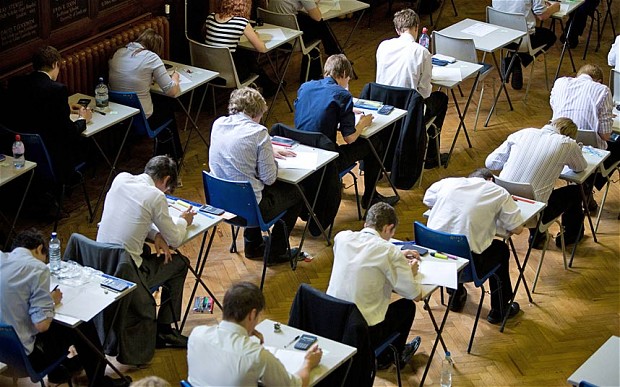Unconditional offers and unintended consequences

What is happening?
If you work with students applying to university you will have noticed the growing trend for universities to make unconditional offers. This started back in 2014 and has been growing year on year ever since. It’s not a straightforward picture and can take different guises, but few of these offers are genuinely ‘unconditional’.
Some universities are offering unconditional places to those applicants with very high predicted grades in order to sway the ‘best and the brightest’ to choose them. Others are targeting particular schools and colleges, whilst some seem to be dishing out unconditional offers to anyone who has been predicted to meet the minimum entry requirement.
In most cases, students have to name the university as their firm choice on UCAS application forms to qualify for an unconditional offer.
Why is it happening?
Like most organisations, universities are facing ever increasing competition, not just from other universities but from a growing number of private ‘for profit’ Higher Education providers like BPP, RDI and the University of Law, not to mention many FE colleges which are setting up or increasing their own HE provision.
Couple that with the relaxation of student number controls and the difficult financial circumstances that some universities have found themselves in, and we seem to have a perfect storm, resulting in interesting tactics when it comes to persuading applicants to make them first choice.
Unintended consequences
So what’s the problem? In my role, I speak to teachers and advisers daily and I’ve yet to find one that is happy with this situation.
Firstly, what if an applicant gets an unconditional offer from a university that wouldn’t have been their first choice? Do they disregard all the research they’ve done and what they found out at the Open Days they attended? It must be really tempting for many of them. How great to have that exam pressure lifted. But what if it really isn’t the right choice for them? Will we see an increase in dropout rates for these students once they start their degree?
Secondly, it seems that the inevitable has started to happen. I’m hearing reliable reports that certain groups of students are accepting these unconditional offers and taking their foot off the pedal in the run up to their final assignments and exams. The pressure is off and the motivation has gone. They might still have their university place, but underachievement at A Level or BTEC is problematic for all concerned.
Many employers look at the whole educational package when recruiting graduates and most graduate fast-track schemes will take level 3 qualifications into account. From a school or college perspective there is a very real risk that attainment levels will drop significantly, impacting on performance and league tables, not to mention making a mockery of everything that schools and colleges are trying to achieve post 16. Similarly, the average UCAS tariff points at entry will drop for those institutions accepting these students, with the inevitable impact on league tables, so it’s really not doing anybody any reputational favours.
So is it short term gain, but medium and long term pain?
Advice to applicants receiving unconditional offers
-
- Don’t rush your decision or base it purely on the type of offer you receive.
- Remember, you are committed to your first choice university with the grades you get on results day. You will not be able to go through Adjustment.
- If you change your mind, once you get your results, you will have to release yourself from your first choice and go through Clearing and risk not getting onto the course or into the university you want.
- Your A Level/BTEC results are still hugely important – for your future career prospects and for your degree.
Julie Pink, Head of Schools and Colleges Liaison Service, University of Huddersfield
